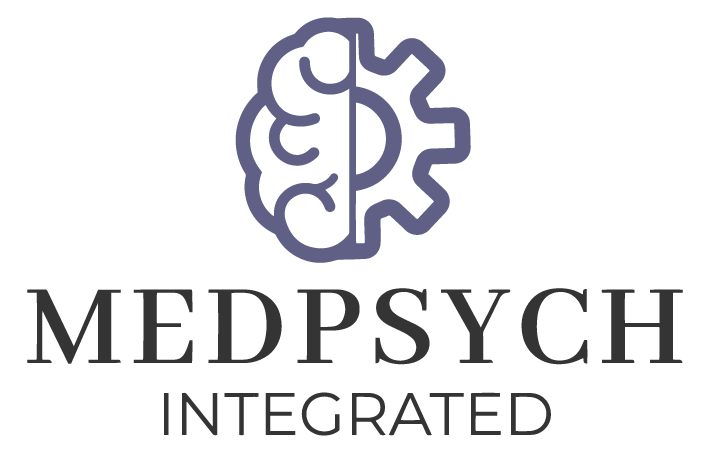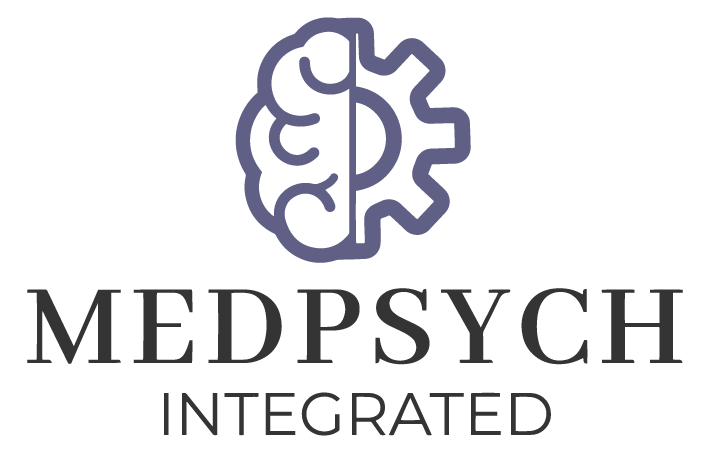PTSD
PTSD: Signs, Symptoms, and Treatment Options
On her way to work one morning, Clara hit an icy patch on the freeway and lost control of her vehicle. Sliding into the concrete median, she braced for impact. When she came to a few minutes later, the front end of her car was smashed and bystanders were standing around her car, asking her if she was okay. Now, six weeks later, Clara is reliving this moment as she sits in the passenger seat with her husband, driving down the same freeway. Clara is experiencing symptoms of Post-Traumatic Stress Disorder or PTSD.
What is PTSD?
PTSD is a psychological disorder that can occur when a person experiences a scary, shocking, or dangerous event that results in feelings of fear and engages the “fight or flight” response. It is important to note that not everyone who experiences a scary or traumatic event will develop PTSD. Those who do develop PTSD, usually begin to experience symptoms within the first 3 months after the event has occurred.
Features of PTSD
Features of PTSD can be categorized into 4 different general categories: re-experiencing, avoidance, arousal/reactivity, and cognition/mood symptoms.
Features of PTSD include:
- Traumatic Event (accidents, exposure to violence, home invasions/robberies, rape, severe physical illness). Can consist of a single event or multiple events.
- Intrusion: "Re-experiencing" symptoms. This can range from intrusive memories and unwanted thoughts to nightmares and flashbacks. These symptoms are often associated with psychological distress like panic and fear.
- Flashbacks (re-experiencing the event even though you are safe, which is what Clara was experiencing while driving with her husband)
- Scary thoughts
- Arousal and reactivity changes
- Nightmares
- Avoidance: Changes in behavior that can affect a person's personal life and their work life
- Feeling tense or on edge
- Difficulty sleeping
- Irritability
- Being easily startled
- Feelings of blame and guilt; many people often blame themselves for the event that leads to negative thoughts about themselves.
- Difficulty focusing and concentrating
- Anhedonia (losing interest in activities that were once enjoyable)
- Negative cognitions and mood; these can present as depression.
- Difficulty in recalling facts about the traumatic event
- Avoiding certain people, places, and events that remind a person of the event. For example, Clara may stop driving or avoid driving on the same freeway where she experienced her car accident.
- Avoiding thoughts about the event by keeping very busy and distracted
Statistics
Many people in the United States experienced or will experience symptoms of PTSD in their lives. More specifically:
- About 6% of the U.S. population will experience symptoms of PTSD.
- Roughly 8% of women and 4% of men will experience PTSD.
- About 15 million people in the United States will experience PTSD in a given year.
Again, not everyone who experiences a scary or traumatic event will develop PTSD. However, certain factors can increase a person’s risk for developing PTSD. Additionally, a person can develop PTSD even if they didn’t experience a traumatic event themselves. For example, a person can develop PTSD after a loved one experiences trauma or danger.
Risk Factors
Risk factors for PTSD include:
- Experiencing physical and/or sexual abuse
- General childhood adversity
- Poor social support system
- Experiencing a car accident or other type of accident
- Surviving a natural or unnatural disaster (a tornado, hurricane, explosion)
- Being female
- Having a genetic predisposition to PTSD and other mental health disorders
- Having a loved one who experienced trauma
Treatment Options
Treatment for PTSD looks different for everyone and is based on each person’s unique symptoms, experiences, and treatment goals. Optimal treatment for PTSD is a combination of the appropriate medication and psychotherapy.
Therapy can help identify triggers of the traumatic experience and can teach you how to cope with them. By going into depth through therapy, you can discover new approaches to redirecting unwanted responses and help make them more positive. A specific type of trauma therapy called EMDR (eye movement desensitization and reprocessing) can be extremely beneficial.
Medication can help with managing symptoms of PTSD. Certain antidepressants (SSRI/SNRI’s) and/or antipsychotics are typically used. The goal of medication is to decrease intrusive thoughts and images along with treating mood symptoms such as irritability, anger and depression. Deciding to get treatment can feel overwhelming. MedPsych Integrated PLLC can help in effectively treating and managing symptoms of PTSD. Getting help for PTSD has never been easier or more accessible. If you or a loved one are struggling, please reach out to
Our team's expertise and caring nature is the recipe for success in each patient's path to mental wellness and recovery. You can rest assured our Raleigh Psychiatrist and mental health providers at Medpsych Integrated will help you improve the quality of your life.
Cary Location:
1110 SE Cary PKWY
Suite 207
Cary, NC 27518
Phone: 919-582-7272
Fax: 833-941-3156


Raleigh Location:
7780 Brier Creek Parkway
Suite 306
Raleigh, NC 27617
Phone: 919-582-7272
Fax: 833-941-3156


Psychiatrist in Raleigh - Medication Management - Psychiatric Evaluations - Accepting New Patients
The content on this website is for general information and educational purposes only, and is not intended to substitute professional services.



